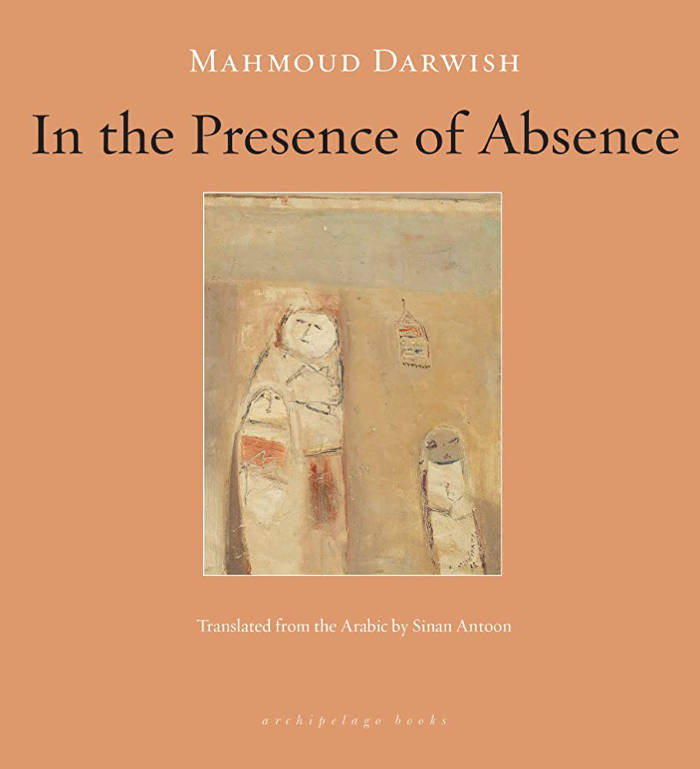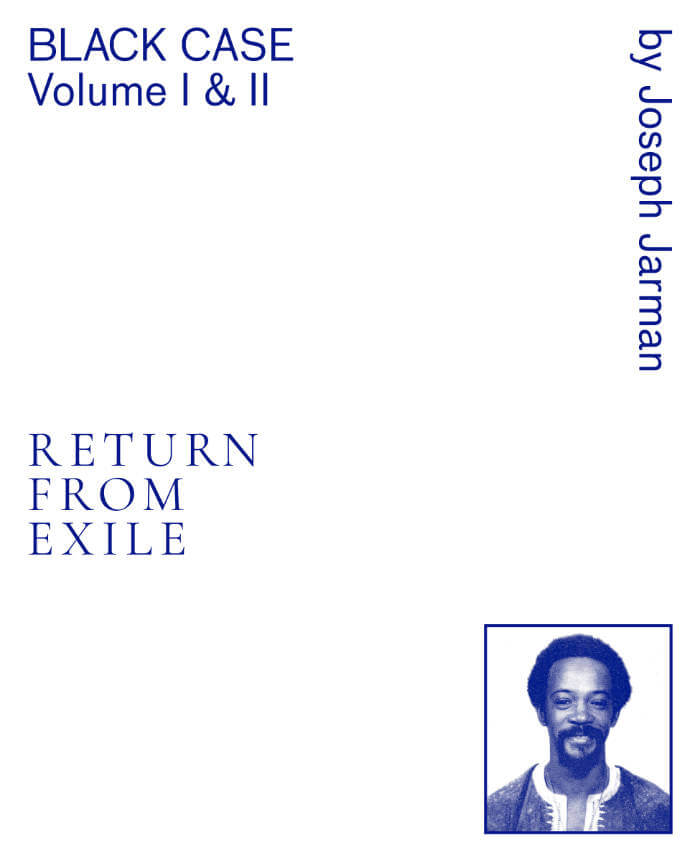
Logorrhea
The fruit of a long-term project, this artist's book focuses on the written word and language in Jean-Michel Wicker's work.
Since the 1990s, the work of French artist Jean-Michel Wicker (born 1970 in Riedisheim, lives and works in Berlin) has focused on all forms of production, including publishing, typography, performance, and gardening. Wicker is the founder of the publishing houses Le edizioni della luna, Nice, Le edizioni della china, Berlin, and Ballabella papers, Berlin. His recent solo exhibitions include Edouard Montassut, Paris (2017), Bergen Kunsthall (2015), Sandy Brown, Berlin (2015), Künstlerhaus, Stuttgart (2015), Cubitt, London (2014), New Theater, Berlin (2014), Artists Space, New York (2013), Kunsthalle Bern (2012), and KW Institute for Contemporary Art, Berlin (2010). He has also exhibited in group shows, including the Institute of Contemporary Arts, London (2014), Kunsthal Charlottenborg, Copenhagen (2011), and Kunsthalle Zürich (2011).




